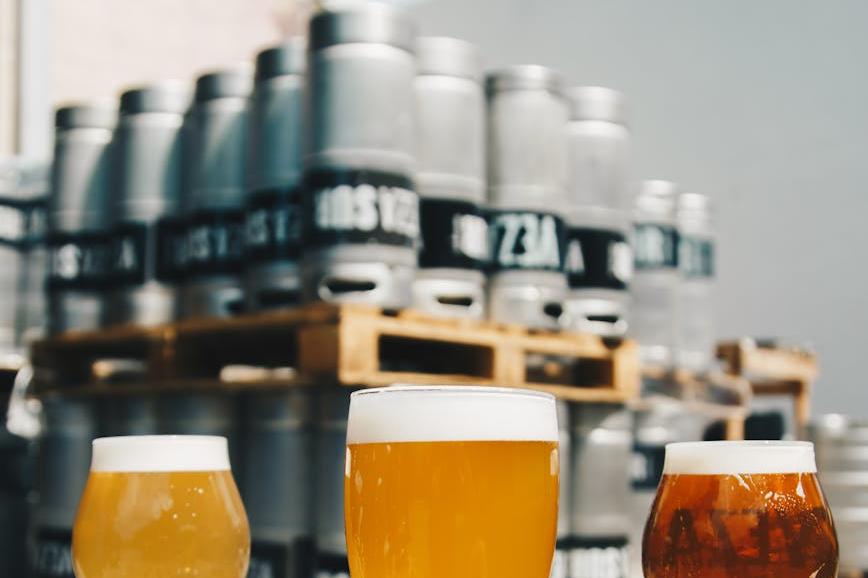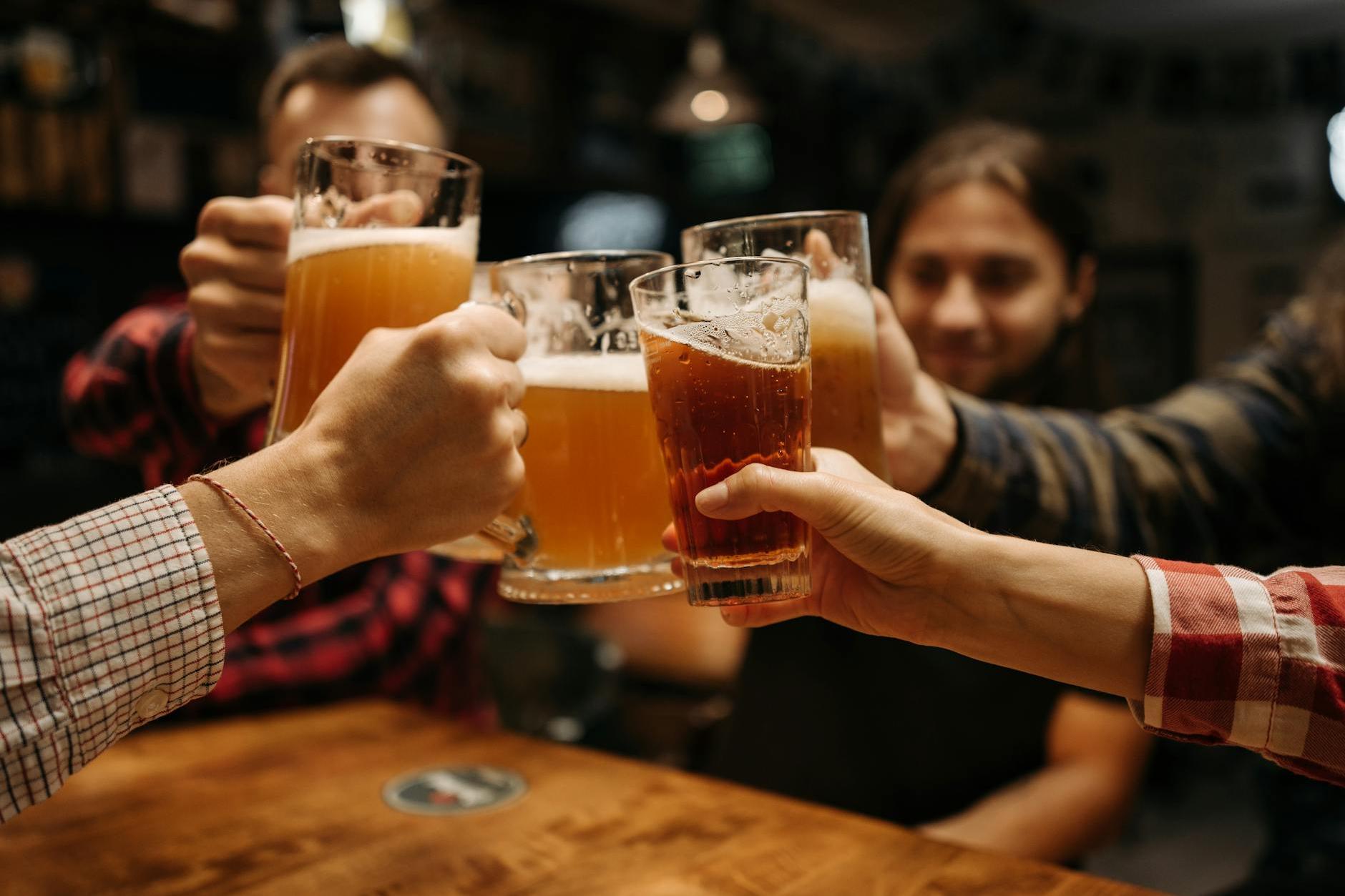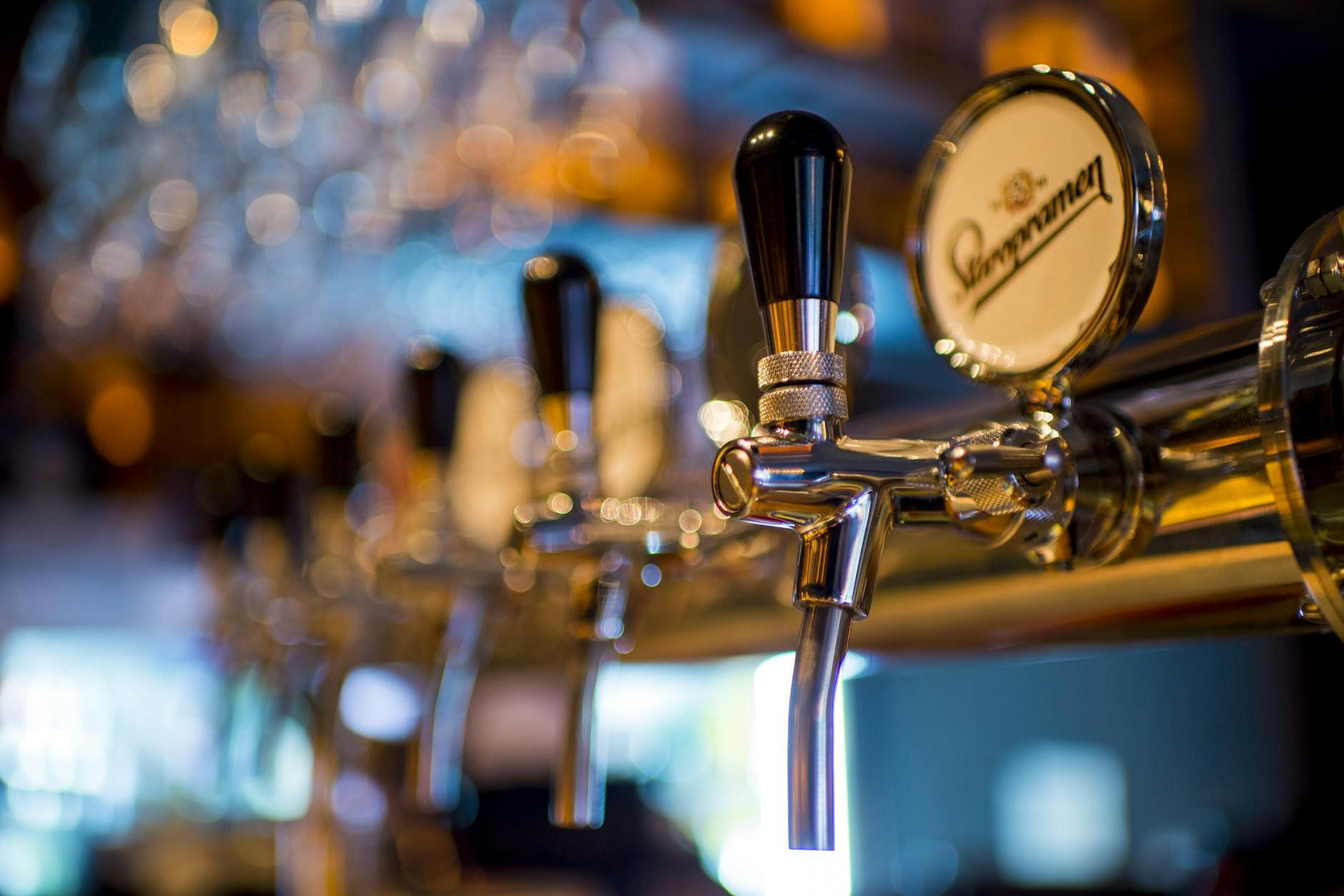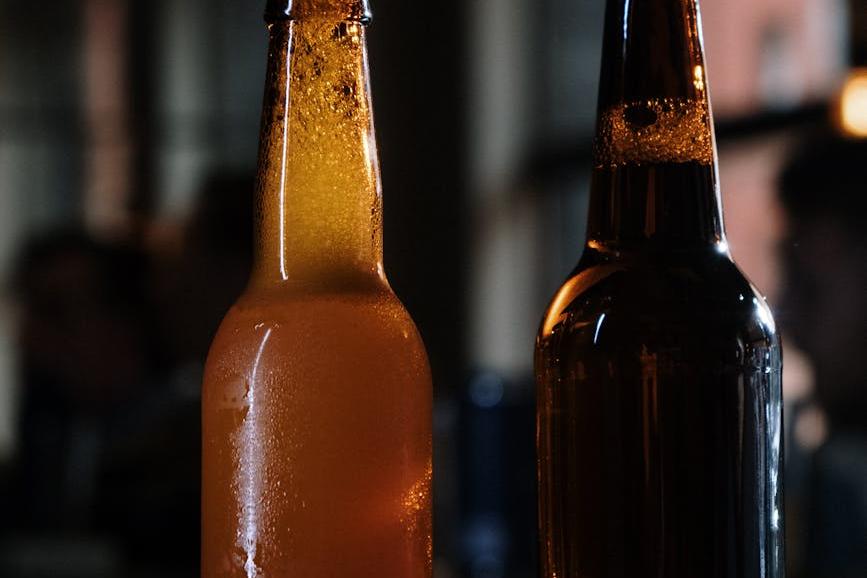- Shanghai Zhongshen International Trade Co., Ltd. - Two decades of trade agency expertise.
- Service Hotline: 139 1787 2118
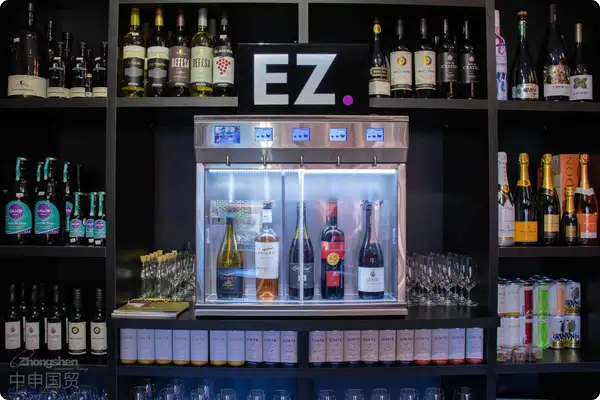
The sweet trap of imported beer market
Behind Chinas 2023 imported beer volume breaking 580 million liters, a 27% growth from pre-pandemic levels, there are many bitter stories of new entrants. Recently an entrepreneur complained: the cooperating agent providedAutomatic Import License,was actually an expired version, causing a whole container of beer to be detained at port for 15 days, with container detention fees alone costing 60,000 yuan.
5 essential keys for professional agents:
- Dual customs filing qualifications: Food business license + alcohol circulation filing should be complete
- End-to-end cold chain visibilityTemperature curve records from original factory filling to domestic warehouse
- Special document processingCertificate of origin for German beer, hop composition test report for Belgian beer
- Risk prediction mechanismAdvance notification of policy changes such as Japanese sake consumption tax reform and new Korean beer packaging regulations
- Emergency response speedAlternative transportation solutions during port delays caused by sudden strikes
Comparison of three real service cases
We randomly extracted business records of three agents in 2024:
- Company A: Customs clearance for Oktoberfest custom cans took 3 days, but failed to notify in advance that promotional goods required separate customs declaration
- Company B: Temperature-controlled transportation for Belgian Trappist beer throughout, with alcohol content deviation ≤0.1%vol upon port inspection
- Company C: Completed insurance loss assessment within 48 hours when handling damage claims for Mexican tequila beer
Self-test checklist to avoid pitfalls
- Review the agents import records of similar products in the past 2 years
- Focus on verifying the insurance coverage ratio for fragile goods
- Confirm whether the minimum order quantity meets trial sales requirements
- Request the latest customs commodity classification pre-ruling documents
- Verify whether warehousing meets GB31605-2020 cold chain standards
The hidden value of choosing the right partner
The value of professional agents is not only reflected in customs clearance speed. Last year when assisting a craft beer importer, we provided a three-month advance warning about Australian barley anti-dumping duty adjustments. By changing raw material procurement locations, we helped the client save 11% in overall costs. This kind ofglobal trade data monitoringproactive service is the true benchmark that distinguishes professional service providers.
Next time you visit potential partners, consider bringing samples of the beer you want to import. Observe whether they can quickly identifyproduction batch number format,barcode country codes,alcohol concentration labeling standardsThese details are often more convincing than numbers in brochures.
Related Recommendations
Category case
Get in Touch
Email: service@sh-zhongshen.com
Related Recommendations
Contact via WeChat

? 2025. All Rights Reserved. Shanghai ICP No. 2023007705-2  PSB Record: Shanghai No.31011502009912
PSB Record: Shanghai No.31011502009912

